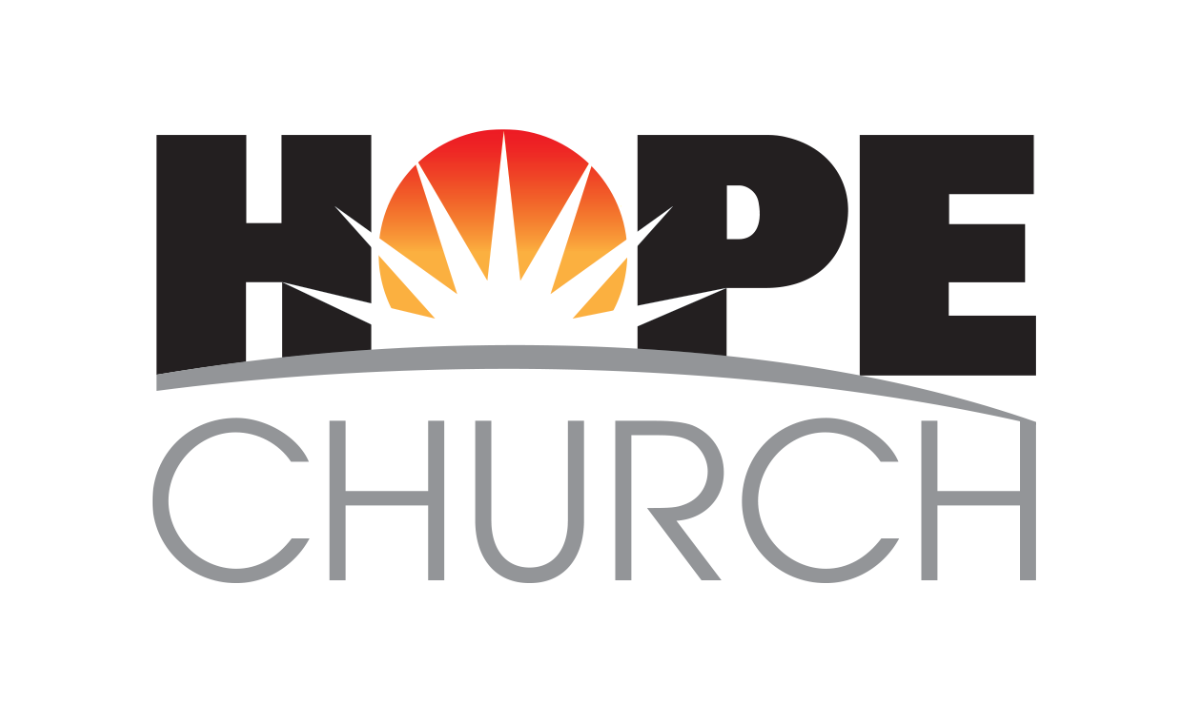Should We Align with the Global Methodist Church?
Recently, the Denominational Affiliation Team at Hope Church spent several months exploring the best path forward after disaffiliation from our previous denomination.The team overwhelmingly supported recommending that Hope Church align with the Global Methodist Church beginning January 1, 2023.I wanted to share with you what may be some of the most compelling reasons for Hope to consider aligning with the Global Methodist Church.
- The GMC is the closest version of authentic Methodism that is available. There are over 80 current Methodist denominations, and the GMC seems to be the most closely aligned with scripture and authentic Methodist values. The GMC leadership has prioritized Biblical orthodoxy, disciple-making, spirit-filled living, missions/outreach/justice (as seen in the social principles), and church planting.
- Moving from UMC to the GMC would be the least disruptive move for Hope Church in the short term. We won’t have to debate about by-laws, doctrine, and structure. We could move past this transition and begin devoting our attention to ministry from day one.
- Hope Church has great respect for many of the leaders associated with the GMC. This includes Dr. David Watson, Dr. Luther Oconer, and Rev. Greg Stover. These are some of the best minds with the highest integrity in Methodism today.
- The GMC will have both theological orthodoxy and ethnic diversity as part of its DNA from day one. Clear doctrine aligns people across diverse backgrounds. The New Testament Church was ethnically diverse and yet theologically unified.
- Methodist Churches work best as part of a connectional denomination. It has been my observation that churches that define themselves as Methodist usually don’t thrive when they operate independently. Dr. David Watson shared with me recently, “If an independent Methodist Church does not stay in a Methodist denomination, it will drift from Methodism in the next generation. I trust the denomination more than the second generation of pastors.” (paraphrase mine)
- The GMC is most closely aligned with who Hope Church has historically been. Hope has been some form of a Methodist congregation since 1841. Denominations also appeal to older members. Since 80% of the membership of Hope is over the age 50, denominational affiliation with the GMC should give most members a needed sense of security and familiarity.
- Apportionments will be limited to only 2%-6.5% of the annual budget. (Apportionments in our previous denomination were between 12-15% of our annual budget.) This means more resources can be directed to outreach, disciple-making, and missions.
- The GMC will have Bishops who will be responsible for appointing any successive pastors. Independent pastoral searches usually go badly off-course. Hope Church has had over 96 appointed pastors in her 180-year existence. The appointment system has proved to work well and be unifying for Hope Church.
- Methodism has existed for over 300 years. It is designed to endure generation after generation.
- The GMC has no trust clause. In other words, the building belongs to the local church and not a centralized denomination.
- There is a commitment to trust, clear vision and accountability. Accountability is always good for pastors, church leadership teams and congregations. Without having lifetime appointments, Bishops will be accountable to local congregations as well.
Even though it is only in its inception stages, the GMC appears to be going in the right direction. There is no such thing as a perfect denomination. Like all denominations, the GMC will have its share of challenges. The GMC is no more a perfect denomination than any local church is a perfect local church. But, like the local church, its success will be dependent on sovereignty of God and the character of those who are tasked with leading it in this, and successive generations.

